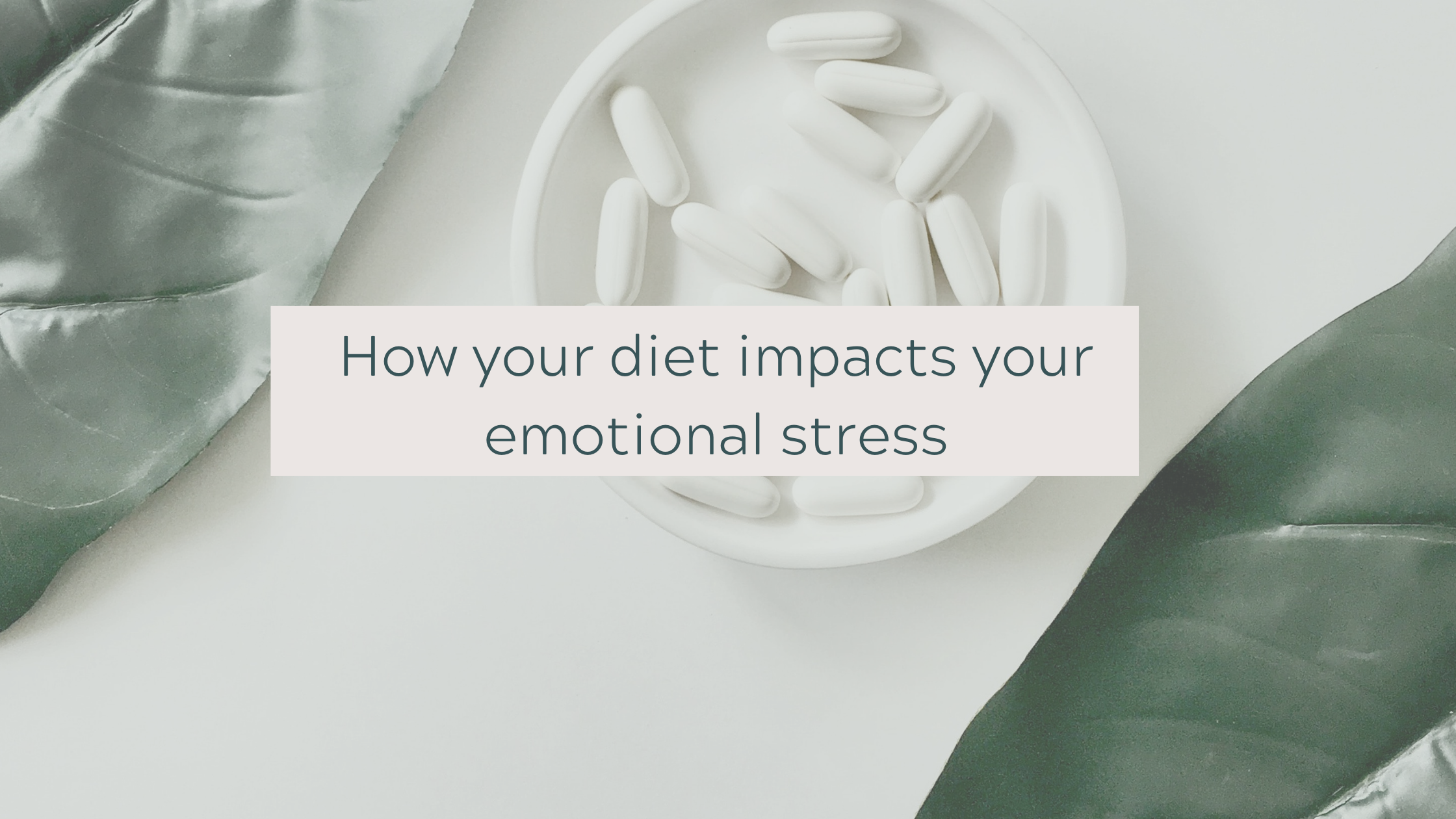Symptoms of vitamin D deficiency can include muscle weakness, pain, fatigue and depression. To get enough D, look to certain foods, supplements, and carefully planned sunlight.
Previous
Previous


Dr. Marie-Christine Dix award-winning Wellness Doctor, focusing on finding the root cause of symptoms, ill health, and disease whilst also providing manageable, lasting, and empowering natural solutions. A qualified Chiropractor, Medical Acupuncturist, Craniosacral Therapist, and Functional Medicine practitioner. Based in Jersey, Channel Islands, available globally for virtual wellness doctor appointments